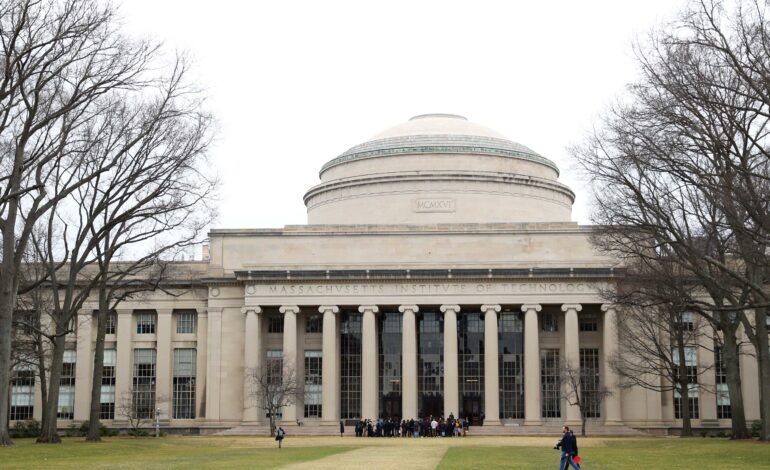MIT Rejects Trump Administration’s Higher Ed Compact Proposal

The Massachusetts Institute of Technology (MIT) has formally declined the Trump administration’s proposal for a “Compact for Academic Excellence in Higher Education.” In a letter addressed to U.S. Education Secretary Linda McMahon, MIT President Sally Kornbluth expressed significant concerns regarding the compact’s alignment with the university’s values and mission.
The compact sought to offer preferential access to federal funds in exchange for commitments from participating universities. These commitments included measures such as banning the use of race, sex, and religion in hiring and admissions, freezing tuition rates for five years, limiting foreign undergraduate enrollment to 15%, and requiring standardized tests like the SAT for applicants. Furthermore, the document indicated that non-compliance would risk loss of federal financial support.
In her response, Kornbluth emphasized MIT’s longstanding commitment to academic integrity and freedom. “In that free marketplace of ideas, the people of MIT gladly compete with the very best, without preferences,” she stated. She affirmed that MIT already meets or surpasses many of the compact’s standards, noting, “We freely choose these values because they’re right, and we live by them because they support our mission – work of immense value to the prosperity, competitiveness, health, and security of the United States.”
Kornbluth articulated specific reservations about aspects of the compact that would impede the university’s independence. “Including those that would restrict freedom of expression and our independence as an institution,” she wrote. She further clarified that the premise of the document contradicts MIT’s core belief that funding for scientific research should be determined solely by merit.
The letter concluded with a reaffirmation of MIT’s dedication to collaborative scientific partnerships with government entities. Kornbluth noted, “We continue to believe in the power of this partnership to serve the nation.”
Through this rejection, MIT positions itself as a staunch advocate for academic autonomy and merit-based funding, reflecting the institution’s commitment to fostering an environment where diverse ideas can flourish without undue influence from political agendas.






